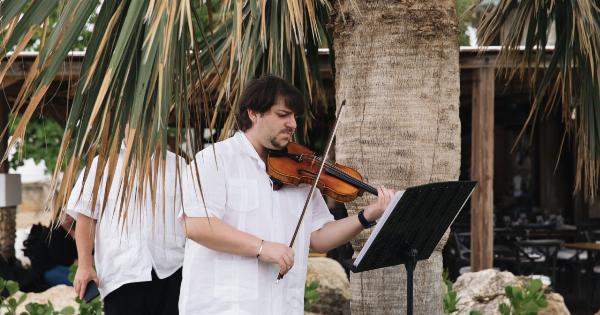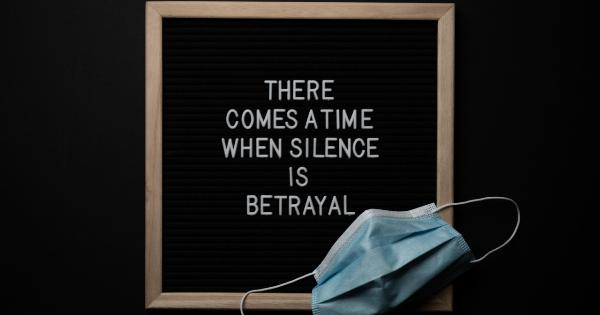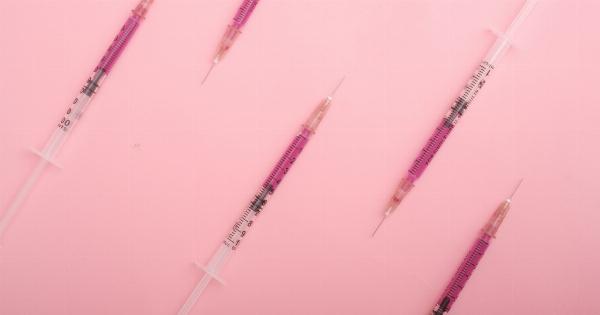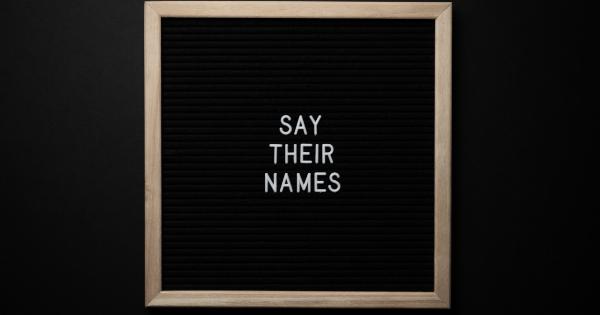Brain concussion is a mild traumatic brain injury that can occur following a blow or jolt to the head. It is a relatively common injury, particularly among athletes engaged in contact sports.
However, brain concussion can also occur due to falls, motor vehicle accidents, and other activities that lead to head injuries.
Understanding Brain Concussion
Brain concussion refers to a complex injury that involves changes in brain function rather than structural damage. This means that an individual can suffer a concussion without showing any visible signs of injury.
A person may have a headache, feel dizzy or confused, or experience nausea and vomiting after receiving a blow or jolt to the head.
In many cases, the symptoms of concussion are not immediately apparent and may take hours or days to develop.
This is why concussion is often called the “silent injury.” Even mild concussions can have serious long-term implications for an individual’s cognitive and neurological function.
Symptoms of Brain Concussion
The symptoms of brain concussion can vary widely and depend on the severity of the injury and the affected person’s age and overall health. Common symptoms include:.
- Headache
- Dizziness or balance problems
- Nausea or vomiting
- Blurred vision or sensitivity to light
- Loss of consciousness
- Memory loss or confusion
- Slurred speech or difficulty speaking
- Changes in mood or personality, including irritability, depression, and anxiety
- Inability to concentrate or focus
Diagnosing Brain Concussion
Diagnosing brain concussion can be a challenge, as many of the symptoms are psychological or behavioral rather than physical.
Doctors typically rely on a combination of physical examination, neurological testing, cognitive assessment, and imaging tests such as CT scans or MRI scans to diagnose concussion.
If you suspect that you or someone you know has sustained a concussion, seek medical attention immediately. Quick diagnosis and appropriate treatment can help to prevent long-term complications and ensure a full recovery.
Treating Brain Concussion
The primary treatment for brain concussion is rest and avoiding activities that may exacerbate symptoms. This may include avoiding contact sports, strenuous activity, and excessive screen time such as television or computer use.
Bed rest and adequate hydration are also critical to ensure a full and speedy recovery.
In some cases, prescription or over-the-counter medications may be recommended to manage symptoms such as pain, nausea, or anxiety.
It is important to follow your doctor’s advice carefully to prevent further injury or complications from developing.
Preventing Brain Concussion
While it is impossible to completely eliminate the risk of brain concussion, there are several steps that individuals can take to reduce their risk of injury:.
- Wearing appropriate safety gear, such as helmets, when participating in sports or activities that carry a risk of head injury
- Avoiding high-risk activities or engaging in them with caution
- Practicing good balance and coordination to minimize the risk of falls
- Maintaining a healthy lifestyle, including a balanced diet and regular exercise, to support overall health and cognitive function
- Getting enough sleep and taking steps to manage stress effectively to prevent cognitive impairment
Final Thoughts
Brain concussion is a potentially serious injury that can have long-term implications for cognitive and neurological function. However, with prompt diagnosis and appropriate treatment, most people with concussion can expect to make a full recovery.
If you suspect that you or someone you know has sustained a concussion, seek medical attention right away. Recognizing the signs and symptoms of concussion is the first step in ensuring a speedy and full recovery.































